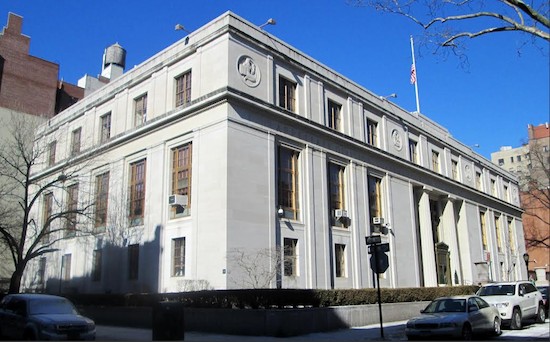Brooklyn Appellate Court reverses drug conviction of Staten Island man

The testimony of a Staten Island undercover police officer who was blocked from viewing a suspected drug sale is not sufficient to sustain a drug conviction, the Brooklyn Appellate Division ruled.
Hoping to nab a drug dealer, an undercover officer approached a man in the courtyard of a housing area on Hendricks Avenue in Staten Island. After purchasing a quantity of marijuana, the officer told the man that he had $200 to buy crack cocaine. The suspect used the officer’s cellphone to reach his drug contact, presumably co-defendant Mustafa Curry.
After the phone call was made, Curry’s co-defendant left the officer’s line of vision, announcing that his drug connection had arrived. The officer saw Curry in the driver’s seat, a woman in the passenger seat, and Curry’s co-defendant in the back seat of the vehicle.

Brooklyn Heights
View MoreRead the Brooklyn Height's Press and Cobble Hill News. Find out more about Brooklyn Height's History here.